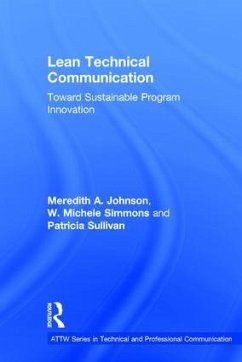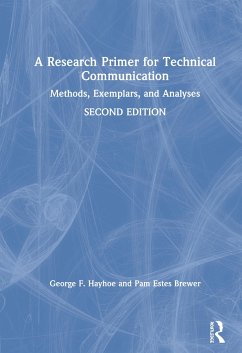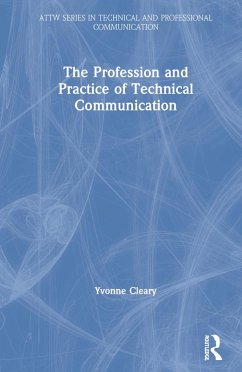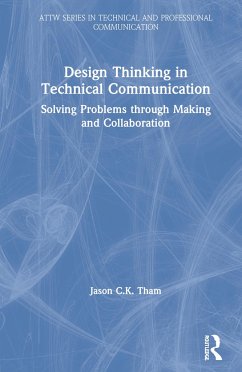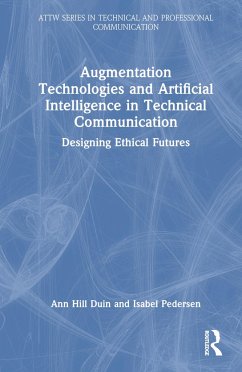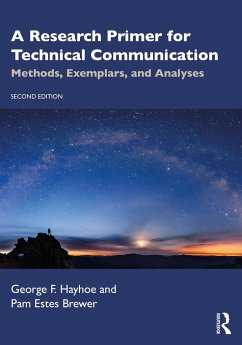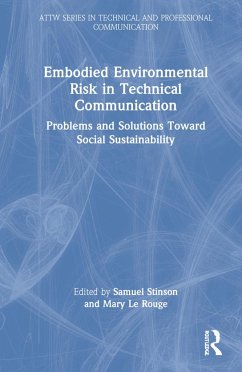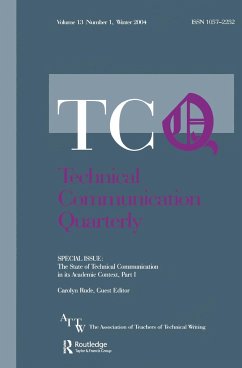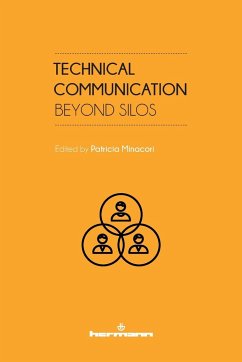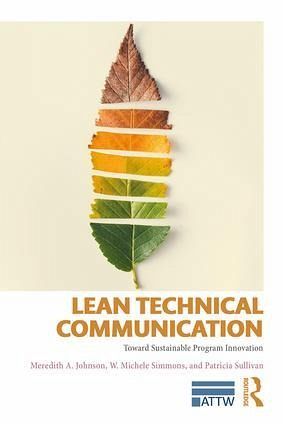
Lean Technical Communication
Toward Sustainable Program Innovation
Versandkostenfrei!
Versandfertig in 1-2 Wochen
51,99 €
inkl. MwSt.
Weitere Ausgaben:

PAYBACK Punkte
26 °P sammeln!
Winner of the 2020 CCCC Research Impact Award Lean Technical Communication: Toward Sustainable Program Innovation offers a theoretically and empirically-grounded model for growing and stewarding professional and technical communication programs under diverse conditions. Through case studies of disruptive innovations, this book presents a forward-looking, sustainable vision of program administration that negotiates short-term resource deficits with long-term resilience. It illustrates how to meet many of the newest challenges facing technical communication programs, such as building and maintai...
Winner of the 2020 CCCC Research Impact Award Lean Technical Communication: Toward Sustainable Program Innovation offers a theoretically and empirically-grounded model for growing and stewarding professional and technical communication programs under diverse conditions. Through case studies of disruptive innovations, this book presents a forward-looking, sustainable vision of program administration that negotiates short-term resource deficits with long-term resilience. It illustrates how to meet many of the newest challenges facing technical communication programs, such as building and maintaining change with limited resources, economic shortfalls, technology deficits, and expanding/reimagining the role of our programs in the 21st century university. Its insights benefit those involved in the development of undergraduate and graduate programs, including majors, service courses, minors, specializations, and certificates.





